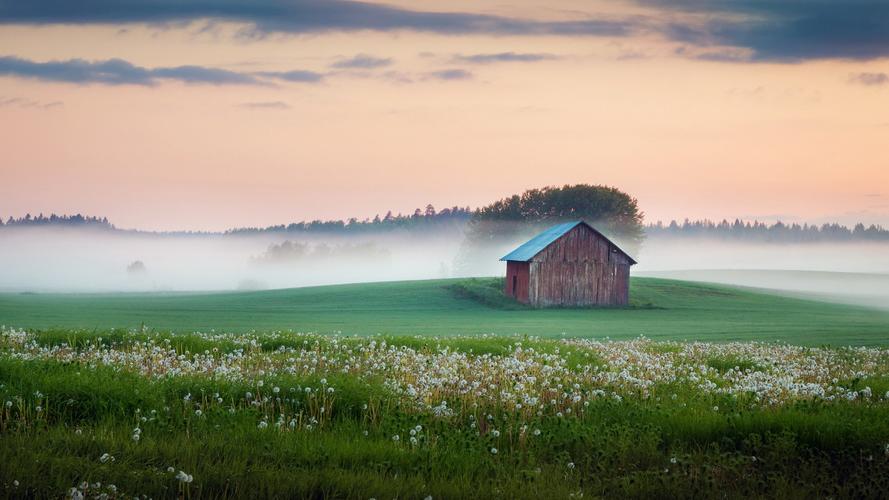Diversity is one of the hallmarks of human civilization, and cultural traditions are an embodiment of that diversity. Every region and country of the world has its unique cultural traditions which embody its beliefs, customs, and way of life. Exploring the diversity of cultural traditions around the world is an enriching experience that helps us understand the world’s differences and similarities. In this write-up, we will be taking a closer look at some of the fascinating cultural traditions from different parts of the world.
Africa is a continent that is roughly three times the size of the United States, comprising 54 countries, and has over 2,000 distinct ethnic groups. Each of these ethnic groups has its unique cultural traditions, which range from music, dance, art, architecture, clothing, religion, and food. One such tradition is the Holi festival of colors, celebrated in many African countries to mark the onset of spring. During the Holi celebration, people splash colors on each other to symbolize the renewing of nature.
In South Asia, one of the most famous cultural traditions is the Indian Diwali festival, also known as the Festival of Lights. The festival is celebrated each fall across the Indian subcontinent to mark the triumph of good over evil. Another popular tradition is the Japanese tea ceremony, which is a ritualized way of preparing and serving tea. In this ceremony, the host gracefully makes tea and offers it to the guests while observing proper etiquette and formalities.
In Europe, the Carnivals are amongst the most well-known and colorful cultural traditions. In France, the Carnival of Nice is a two-week-long celebration filled with music, dance, and parades, while in Spain, the Carnival of Santa Cruz de Tenerife has a reputation for being a spectacularly vibrant carnival. Another example is the Viking festival that takes place annually in Denmark, where the locals and visitors alike dress up like Vikings, engage in re-enactments, feasts, and other Viking-related activities.
In the Americas, the Mexican Day of the Dead is a unique tradition that celebrates the deceased. During the 3-day festival, people decorate their homes and streets with colorful altars, flowers, and candles. Another tradition is the Brazilian carnival, which is a grand celebration featuring music, dance, and elaborate costumes. It showcases the country’s diverse culture and attracts visitors from all over the world.
In conclusion, exploring the diversity of cultural traditions around the world is not only inviting but also educational. It helps to foster cultural understanding and appreciation while broadening our perspectives. These traditions are an essential part of human history, having been formed over centuries and passed down from generation to generation. Through them, we can connect with our roots, learn new things, and appreciate the beautiful world around us.
(Note: Do you have knowledge or insights to share? Unlock new opportunities and expand your reach by joining our authors team. Click Registration to join us and share your expertise with our readers.)
Speech tips:
Please note that any statements involving politics will not be approved.
